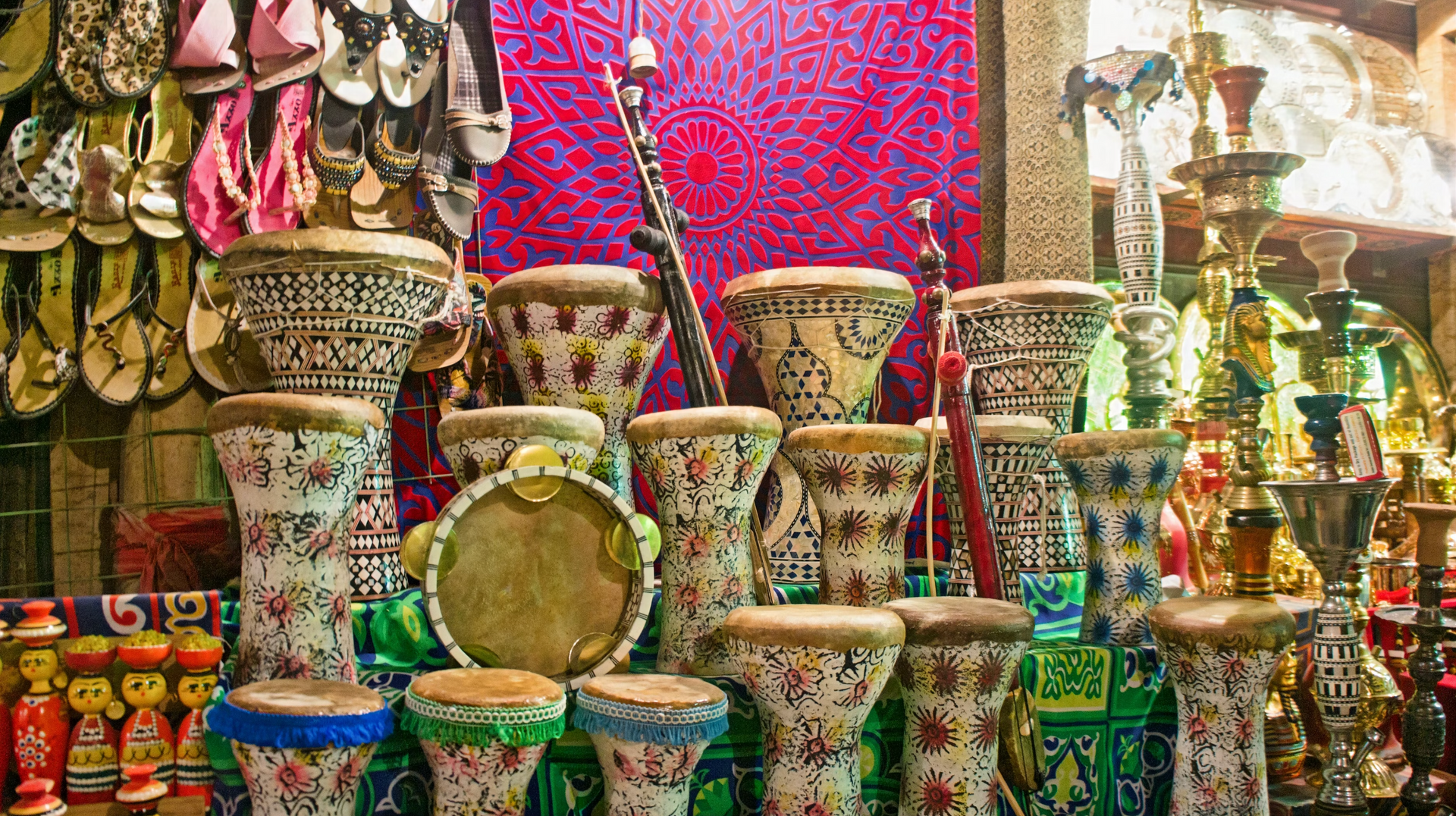Understanding Unreached People Groups (UPGs)
What if there were billions of people who had never heard of Jesus Christ? This is the reality for unreached people groups (UPGs) across the globe. UPGs are communities without access to the Gospel, lacking a self-sustaining Christian presence. These groups represent one of the greatest challenges and opportunities for fulfilling the Great Commission.
For mission-minded Christians, understanding UPGs is vital in answering God’s call to go and make disciples of all nations.
The Scope of Unreached People Groups
More than 3.3 billion people, or 42% of the global population, live in unreached people groups. Despite this staggering number, less than 3% of all cross-cultural missionaries serve these communities.
The majority of UPGs are concentrated in what’s known as the 10/40 Window. This region spans North Africa, the Middle East, and Asia and is home to some of the world’s most spiritually and physically impoverished populations. Within these areas, the Gospel has little or no presence, leaving entire generations without hope.
This imbalance highlights the urgent need for mobilization within the global church.
What Defines an Unreached People Group?
An unreached people group is defined by these key criteria:
- Cultural and Linguistic Barriers: UPGs often speak unique languages or have cultural practices that isolate them from external influences, including Christianity.
- Lack of a Self-Sustaining Christian Community: A people group is considered "unreached" when there is no local body of believers large enough to evangelize their own community without outside assistance.
This means these people often remain isolated from the Good News not because of rejection, but because they have yet to hear it clearly in their own language and cultural context.
When we think about spiritual isolation, it’s crucial to remember these are individuals with lives, families, and communities, all in need of the hope and love that Jesus offers.
The 2% Tipping Point
Missiologists use a benchmark to classify a people group as “reached”: 2% of the population must be professing Christians.
Why 2%? This figure is generally accepted as the critical mass needed to create a self-sustaining, reproducing Christian community that can evangelize effectively without outside assistance.
To put it plainly, a UPG with 1.5% Christians is essentially dependent on external missionaries for growth and discipleship. However, crossing the 2% threshold represents an exciting tipping point where the Gospel can grow organically within the culture.

Unengaged, Unreached People Groups (UUPGs)
Even more urgent than UPGs are unengaged, unreached people groups (UUPGs). These are communities where there are:
- No known Gospel workers
- No missionaries
- No active efforts to make Jesus known
There are currently more than 290 million people living in UUPGs, meaning no one is actively seeking to share the Gospel with them. These groups remain utterly cut off from God’s truth. Becoming aware of UUPGs is the first step toward changing this heartbreaking reality.
Frontier People Groups
Frontier people groups are among the least-reached communities. These groups often have less than 0.1% Christian population and are often resistant or closed to outside influences.
Some of these are referred to as mega frontier people groups, which are home to millions of individuals without access to the Gospel. Imagine the profound impact of reaching groups like these—not just for the individuals themselves but for the surrounding regions and the sake of the Kingdom.
Reaching frontier groups requires focused prayer, immense perseverance, and strategic efforts. But the potential to change lives, countries, and spiritual legacies is immense with God’s guiding hand.
How You Can Get Involved
For mission-minded Christians like you, responding to the needs of UPGs is an essential part of fulfilling Christ’s call. Here are three ways you can take action today:
1. Pray Specifically for an Unreached People Group
Prayer is a powerful tool. Choose a specific people group to pray for daily. Ask for God to open their hearts, raise up missionaries, and overcome barriers to the Gospel. Resources like the Joshua Project can help you learn more about specific UPGs to pray for.
2. Support Missionaries Financially
Most missionaries serving in UPG regions rely on financial support to continue their work. By supporting them, you share in their ministry. Your funding enables Gospel workers to plant churches, translate Scripture, and build relationships in difficult-to-reach areas.
3. Consider Long-Term Missionary Service
Could God be calling you to go? Long-term missionaries build relationships and disciple new believers, creating lasting change in unreached regions. If you’ve felt a nudge toward missions, talk to your church leaders or connect with missions organizations to explore next steps.
Answering the Call to Reach the Unreached
The Great Commission is not a suggestion. It’s a command. Jesus calls us to “make disciples of all nations” (Matthew 28:19). For millions in UPGs, the chance to hear about Jesus for the very first time hinges on the obedience of His followers.
Are you ready to answer that call? Whether through prayer, financial support, or going yourself, there’s a role for every believer in God’s mission to bring hope to the nations.
Together, we can change the statistics and make Jesus known to the ends of the earth.
Find out how you can get more involved by going through our Missions 101 course! Just click the link below to get started.
